Publications
Articles, publications, books, tools and multimedia features from the U.S. Institute of Peace provide the latest news, analysis, research findings, practitioner guides and reports, all related to the conflict zones and issues that are at the center of the Institute’s work to prevent and reduce violent conflict.
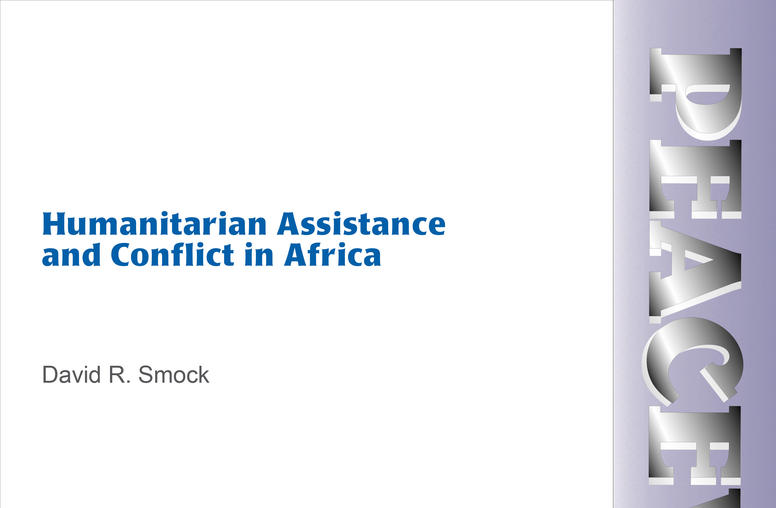
Humanitarian Assistance and Conflict in Africa
The good work of nongovernmental organizations (NGOs) in recent conflicts in such countries as Somalia, Haiti, and Bosnia is well known—providing food, shelter, medicine, and a host of other materials and services under extremely difficult conditions. But does humanitarian assistance in some cases actually exacerbate conflict?

NGOs and Conflict Management
The staff of the Institute has gone through the voluminous proceedings of the September 1995, "Managing Chaos" conference to distill the views expressed by nongovernmental organization (NGO) representatives and others on the emerging role of NGOs in managing international conflict.
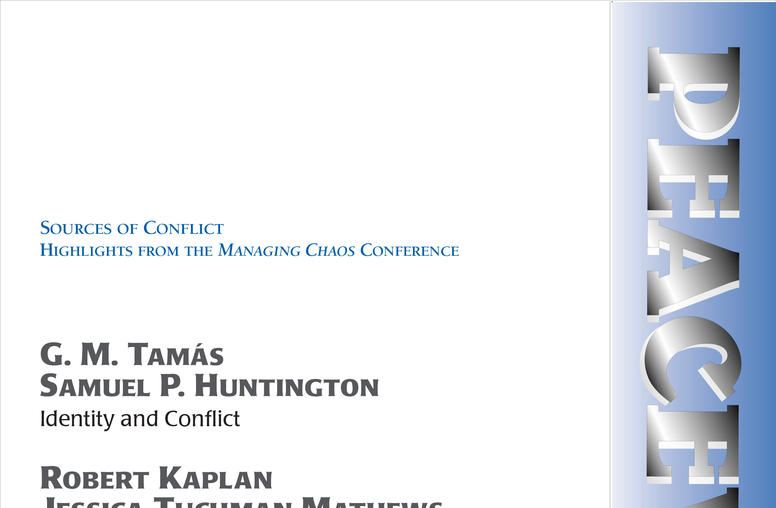
Sources of Conflict: Highlights from the Managing Chaos Conference
The choice of the term "chaos" could hardly be regarded as a choice beyond controversy. The choice was made in part to acknowledge the debate surrounding the term that surfaced during 1994 and continues apace. Spurred primarily by events in Somalia, Haiti, Bosnia, and Rwanda (and the international community's less-than-perfect responses to them), this debate centers on the question of whether the forces of order in the world are not in fact being overwhelmed by increasing and increasingly nov...
Keynote Addresses from "Managing Chaos" Conference: Aspin and Koppel
In this volume, we have transcribed and edited the remarks of two keynote speakers, Secretary Les Aspin and Mr. Ted Koppel to meet what has become a very considerable public demand for their presentations from the "Managing Chaos: Coping with International Conflict into the 21st Century" conference.
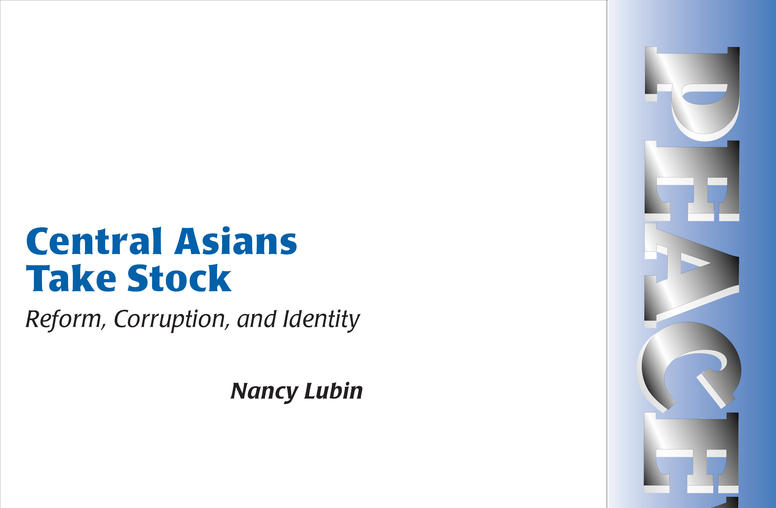
Central Asians Take Stock: Reform, Corruption, and Identity
The United States is interested in encouraging the development of stable, democratic systems, and market economies in new countries such as Uzbekistan, Kazakhstan, and Turkmenistan, and to minimize the social, ethnic, religious and other sources of conflict that could destabilize the region further. But increasingly, effectiveness in these efforts will depend as much on the views from below as from policies promulgated from above.
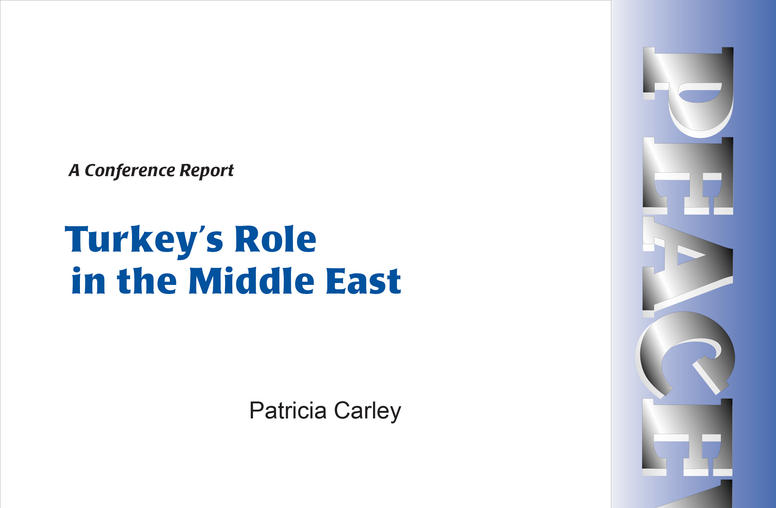
Turkey's Role in the Middle East
The end of the Cold War seemed to portend a decline in Turkey's strategic importance to the West; however, the political changes in the world since 1989 have also loosened the constraints within which Turkey can act. As a result, Ankara's foreign policy has been redirected from its strictly western orientation to one in which the countries of the Middle East have become potentially more significant.
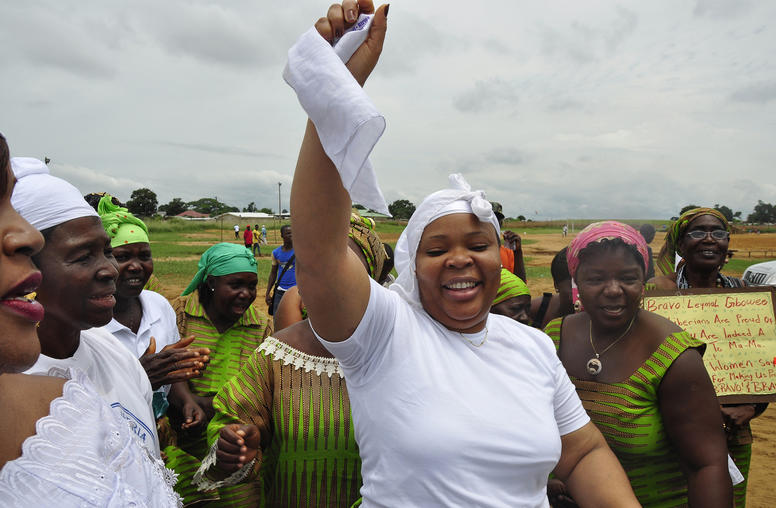
Religious Actors in Formal Peace Processes
Despite the significant impact—both real and potential—that religious actors and communities can have on formal peace processes, there is little research on or analysis of their engagement as part of these processes. This report aims to remedy this deficit by examining whether, when, how, and to what extent religious actors have been engaged in formal peace and political transition processes.
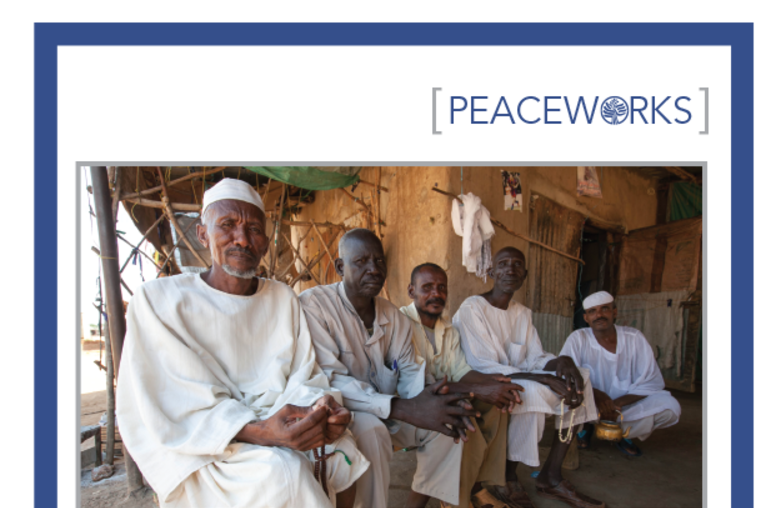
Local Peace Processes in Sudan and South Sudan
Sudan and South Sudan have seen numerous local peacebuilding efforts in recent years, yet violence continues largely unabated. Using the Western Corridor as a case study, this report outlines the importance of understanding and improving local peace processes through an architecture that begins with conflict analysis, entails a common vision, and focuses on achieving specific objectives. Also essential to the success of the process is including the right people—those with authority, with know...
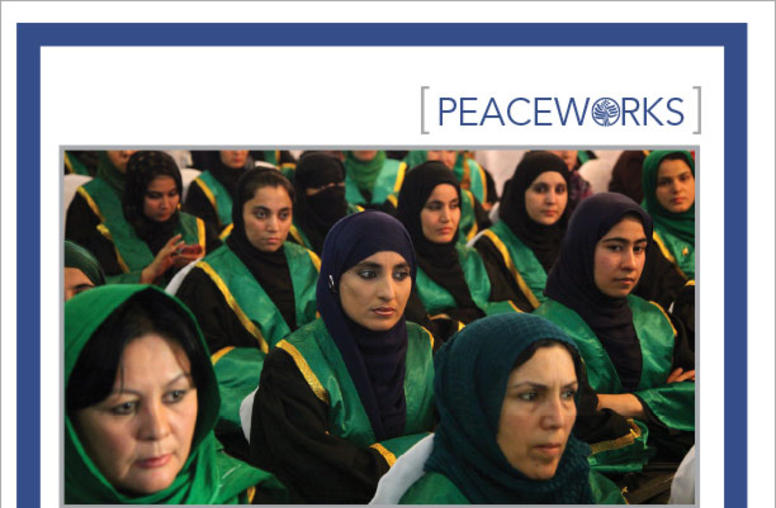
Women's Access to Justice in Afghanistan
Since the fall of the Taliban in 2002, gains in women’s rights and access to justice in Afghanistan have been remarkable, yet women’s rights remain extremely limited. How do women in Afghanistan seek justice when their rights are violated? What barriers do they face in pursuing justice or receiving a fair outcome? This report draws on interviews and focus group discussions held in Afghanistan in 2011 and 2012 to determine answers to these and related questions and to recommend ways forward. ...
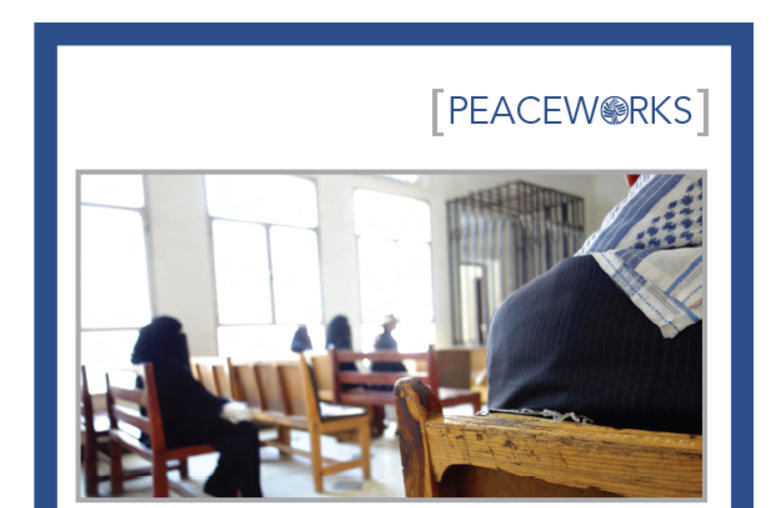
Justice in Transition in Yemen
This research is part of a three-year United States Institute of Peace (USIP) project that explores how Yemen’s rule of law and local justice and security issues have been affected in the post-Arab Spring transition period. A complement to other analytical and thematic pieces, this large-scale mapping provides data on factors influencing justice provision in half of Yemen’s governorates. Its goal is to support more responsive programming and justice sector reform. Field research was managed b...